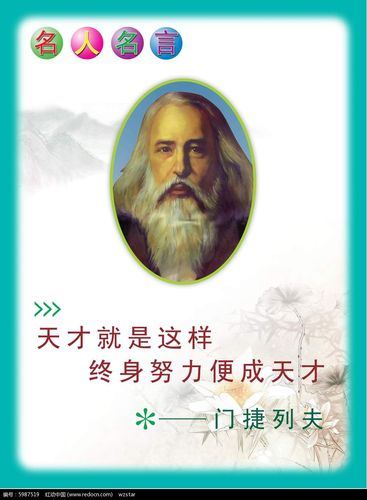
中央广播电视大学学位英语复习真题—XXXX11
2010.11.06
Part I Reading Comprehension (30%)
Directions: There are three passages in this part. Each passage is followed by some questions or unfinished statements. For each of them there are four choices marked A, B, C and D. You should decide on the best choice and blacken the corresponding letter on the Answer Sheet.
Passage 1
Questions 1 to 5 are bad on the following passage:
Archaeology, like many academic words, comes from Greek and means, more or less, “the study of old things”. So, it is really a part of the study of history. However, most historians u paper evidence, such as letters, paintings and photographs,but archaeologists (考古学家) learn from the objects left behind by the humans of long ago. Normally, the are the hard materials that don't break down or disappear very quickly—things like human bones and objects made from stone and metal.
It is very unusual to find anything more than the hard evidence of history--normally, the bacteria (细菌) in the air eat away at soft materials, like bodies, clothes and things made of wood. Occasionally, things are different.
In 1984, two men made an amazing discovery while working in a bog called Lindow Moss, in the north of England. A bog is a very wet area of earth, with a lot of plants growing in it. It can be like a very big and very thick vegetable soup—walk in the wrong place and you can sink and disappear forever. The men were working
when one of them saw something sticking out—a human foot! Naturally, the men called the police,who then found the rest of the body. Was it a ca of murder? Possibly--but it was a death nearly two thousand years old. The two men had found a body from the time of the Roman invasion of Britain. Despite being so old, this body had skin, muscles, hair and internal organs—the scientists who examined him were able to look inside the man's stomach and find the food that he had eaten for his last meal!
Why was this man so well prerved? (76) It was becau he was in a very watery environment, safe fi:om the bacteria that need oxygen to live. Also, the water in the bog was very acidic. The acid prerved the man's skin in the way that animal skin is prerved for leather coats and shoes.
How did he die? Understandably, archaeologists and other scientists wanted to know more about the person that they called,“Lindow Man”. (77) His hands and fingernails suggested that he hadn't done heavy manual work in his life—he could
have been a rich man. They found that he hadn't died by accident. The archaeologists believe that he was sacrificed to three different gods.
1. Which language does the word “archaeology”come from?
A. French. B. Greek. C. Roman. D. German.
2. The word “the” in the first paragraph refers to_______.
